Fuller, Margaret
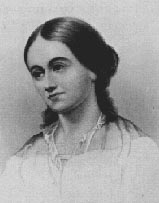 Margaret Fuller (May 23, 1810-July 19, 1850) “possessed more influence on the thought of American women than any woman previous to her time.” So wrote Susan B. Anthony and Elizabeth Cady Stanton in their 1881 History of Woman Suffrage. Author, editor, and teacher, Fuller contributed significantly to the American Renaissance in literature and to mid-nineteenth century reform movements.…
Margaret Fuller (May 23, 1810-July 19, 1850) “possessed more influence on the thought of American women than any woman previous to her time.” So wrote Susan B. Anthony and Elizabeth Cady Stanton in their 1881 History of Woman Suffrage. Author, editor, and teacher, Fuller contributed significantly to the American Renaissance in literature and to mid-nineteenth century reform movements.…
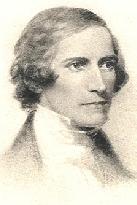
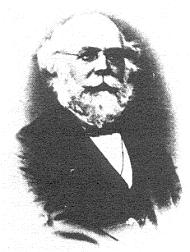
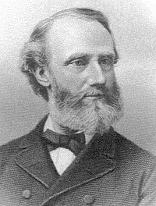 William James Potter (February 1, 1829-December 21, 1893), born in Dartmouth, Massachusetts, was a Unitarian minister, a founder, Secretary and President of the Free Religious Association, and President and later Editor of The Index. For more than forty years Potter was perhaps the leading public citizen of New Bedford, Massachusetts.…
William James Potter (February 1, 1829-December 21, 1893), born in Dartmouth, Massachusetts, was a Unitarian minister, a founder, Secretary and President of the Free Religious Association, and President and later Editor of The Index. For more than forty years Potter was perhaps the leading public citizen of New Bedford, Massachusetts.…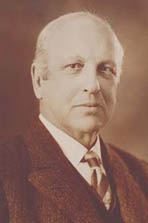 Samuel Atkins Eliot II (August 24, 1862-October 15, 1950) was the first president of the American Unitarian Association (AUA) to be given executive power; he held this office from 1900 to 1927. In 1925 the two major American Unitarian organizations, the AUA and the National Conference of Churches (NCC), were merged under his leadership.…
Samuel Atkins Eliot II (August 24, 1862-October 15, 1950) was the first president of the American Unitarian Association (AUA) to be given executive power; he held this office from 1900 to 1927. In 1925 the two major American Unitarian organizations, the AUA and the National Conference of Churches (NCC), were merged under his leadership.…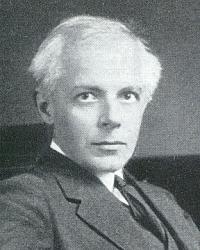
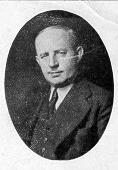
 Maria Weston Chapman (July 25, 1806-July 12, 1885) was described by
Maria Weston Chapman (July 25, 1806-July 12, 1885) was described by 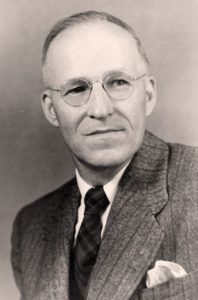
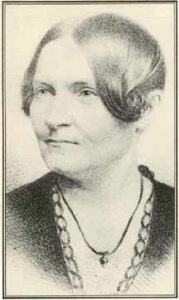 Lydia Maria Child (February 11, 1802-Oct. 20, 1880) was a novelist, editor, journalist and scholar who produced a body of work remarkable for its brilliance, originality and variety, much of it inspired by a strong sense of justice and love of freedom.…
Lydia Maria Child (February 11, 1802-Oct. 20, 1880) was a novelist, editor, journalist and scholar who produced a body of work remarkable for its brilliance, originality and variety, much of it inspired by a strong sense of justice and love of freedom.…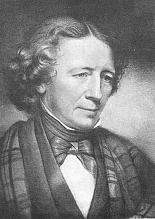 Richard Hildreth (June 28, 1807-July 11, 1865) was a journalist, philosopher, historian, and antislavery activist. His 1836 novel The Slave is considered the first American antislavery novel. His History of the United States of America broke new ground with its “warts and all” portrayal of the founders of the American republic.…
Richard Hildreth (June 28, 1807-July 11, 1865) was a journalist, philosopher, historian, and antislavery activist. His 1836 novel The Slave is considered the first American antislavery novel. His History of the United States of America broke new ground with its “warts and all” portrayal of the founders of the American republic.…